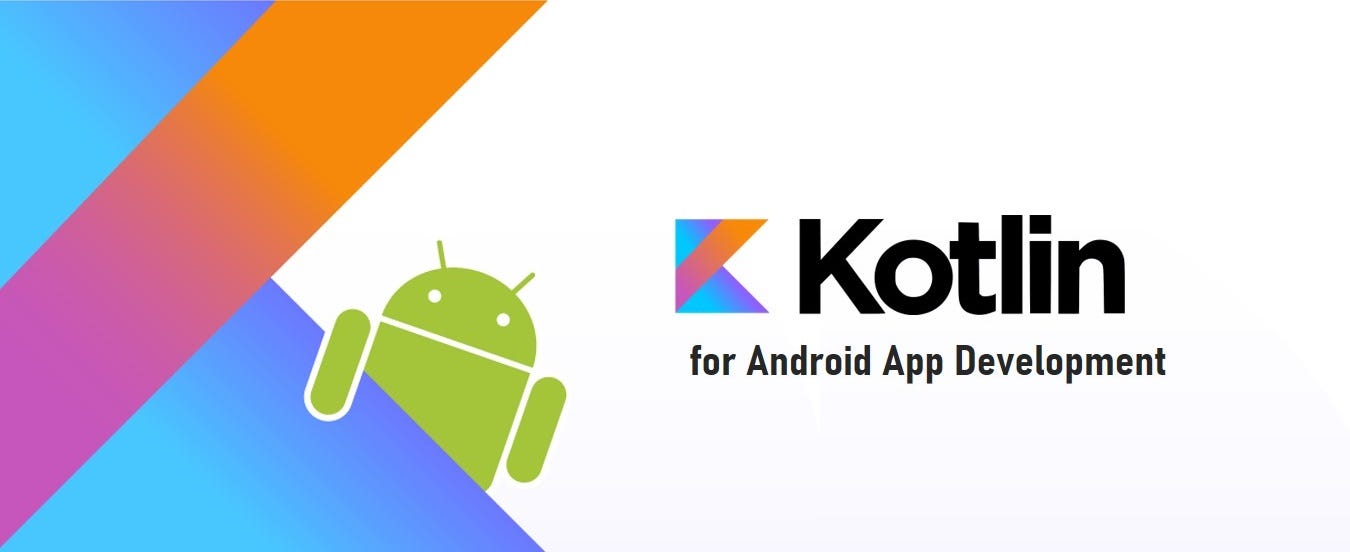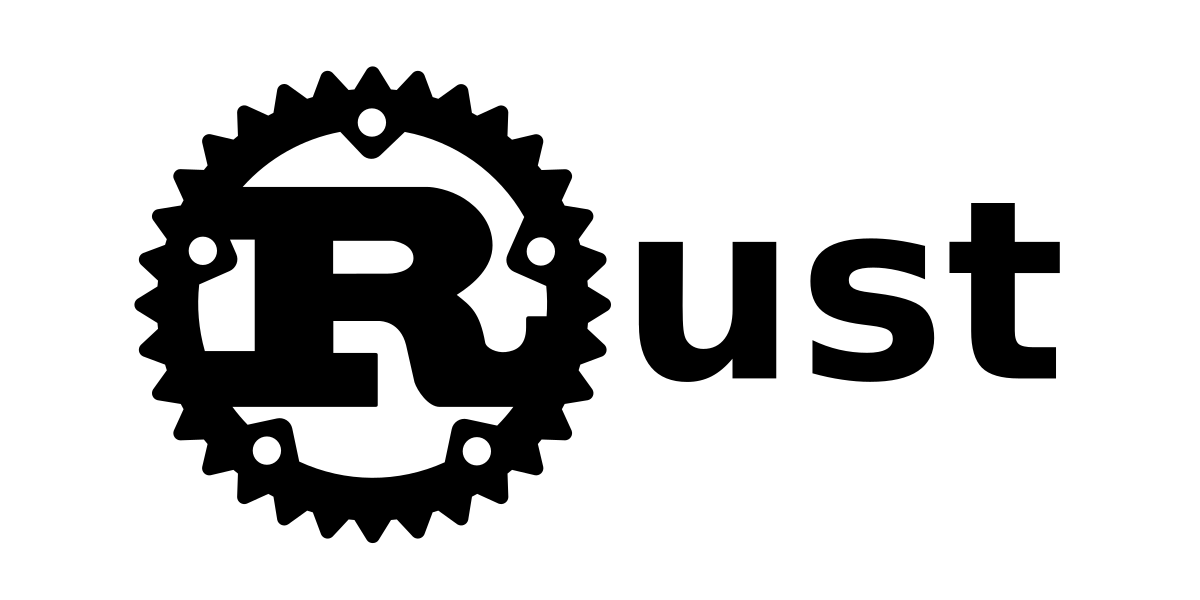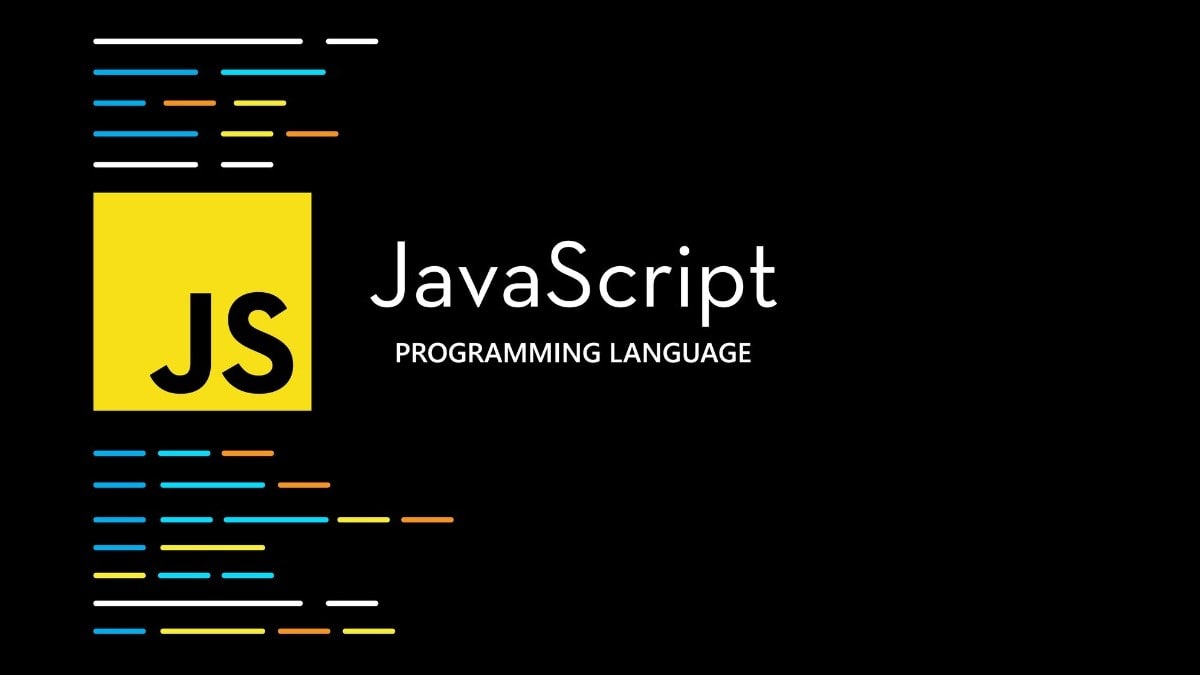Featured
- Get link
- X
- Other Apps
Top 5 Best programming languages to learn in 2024
The Top 5 Programming Languages to Master in 2024
In the world of tech, skilled programmers are in high demand. As we move into 2024, certain programming languages stand out for their importance, flexibility, and potential for future growth. Whether you're already experienced or just starting out, picking the right languages to learn can really shape your career. In this blog, we'll check out the top five languages that are expected to be big in 2024
5) Go lang
Go, also known as Golang, has garnered attention for its simplicity, efficiency, and scalability, making it a favorite among developers building cloud-native applications and distributed systems. Created by Google, Go prioritizes simplicity and readability without compromising on performance, making it an attractive choice for building scalable and reliable software solutions.
In 2024, Go's relevance continues to expand as organizations embrace microservices architecture, containerization, and cloud computing. With built-in support for concurrency via goroutines and channels, Go excels at handling concurrent tasks with minimal overhead, making it well-suited for high-throughput and latency-sensitive applications.
Furthermore, Go's standard library provides comprehensive support for networking, HTTP, and cryptography, simplifying the development of robust and secure systems. Whether you're building web servers, APIs, or distributed data processing pipelines, Go offers a pragmatic approach to engineering software at scale. As the demand for cloud-native solutions and distributed architectures continues to rise, mastering Go can equip developers with the skills needed to architect resilient and efficient systems that meet the demands of modern computing environments.
4) Kotlin
Kotlin has rapidly gained traction as the preferred language for Android app development, thanks to its modern syntax, seamless interoperability with Java, and comprehensive tooling support. Developed by JetBrains, Kotlin offers developers a pragmatic alternative to Java, streamlining the process of building high-quality Android apps with greater productivity and readability.
In 2024, Kotlin's prominence in the Android development ecosystem continues to grow, fueled by Google's official endorsement and integration into Android Studio. With features like null safety, extension functions, and coroutines, Kotlin enables developers to write concise and expressive code while minimizing common sources of errors and bugs.
Moreover, Kotlin's versatility extends beyond mobile app development, with support for server-side and multiplatform development, allowing developers to share code across different platforms seamlessly. Whether you're building Android apps, backend services, or cross-platform solutions, Kotlin offers a unified language experience that promotes code reuse and maintainability. As the mobile landscape evolves and the demand for feature-rich and performant apps escalates, mastering Kotlin can position developers for success in the competitive realm of Android development, empowering them to create compelling experiences that resonate with users worldwide.
3) Rust
- Get link
- X
- Other Apps






Comments
Post a Comment